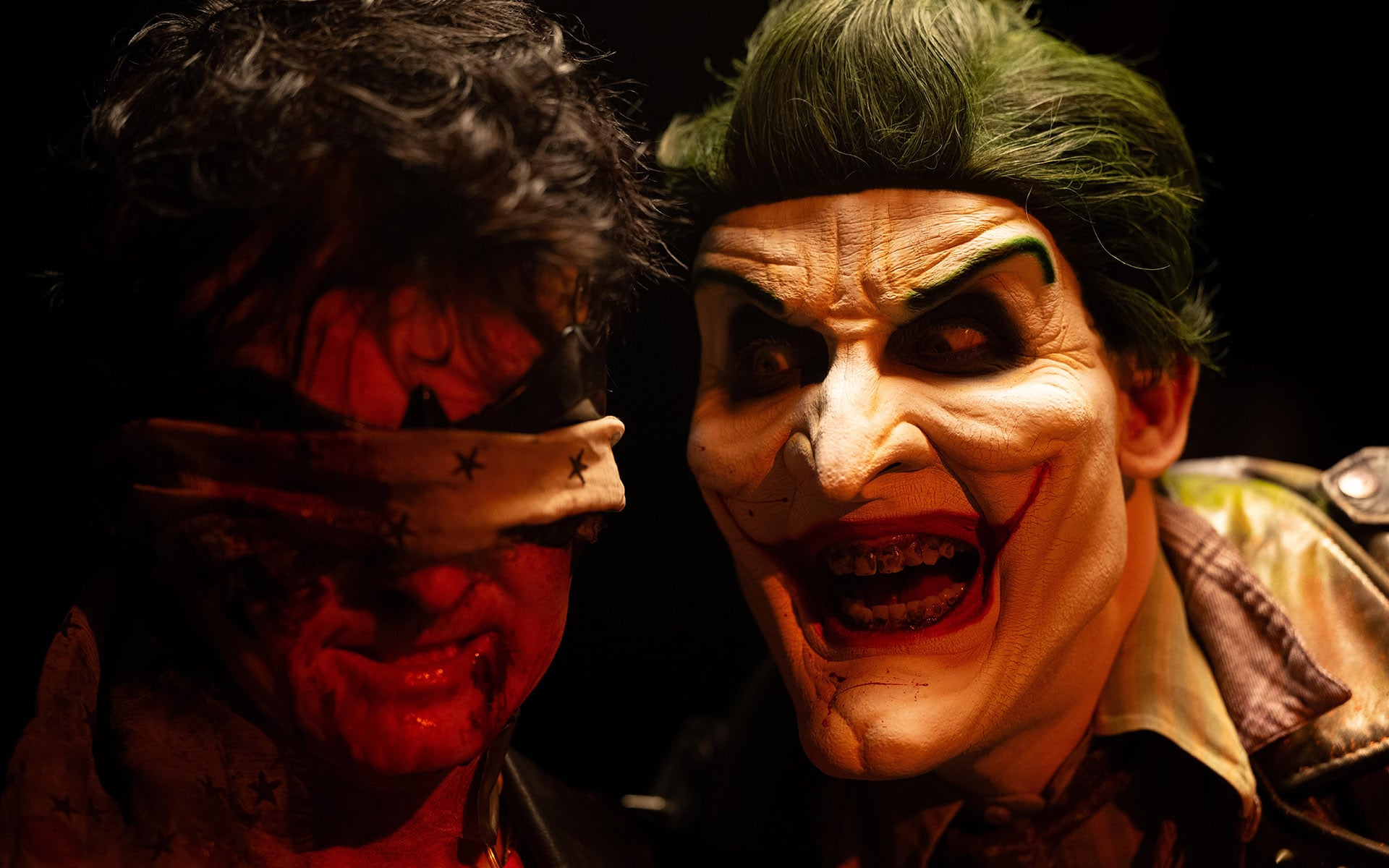Marvel Rivals Is the Overwatch Killer Nobody Was Looking For
A little over two months after its official launch, Marvel Rivals has reportedly earned over $130 million in revenue, peaked at over 640,000 concurrent players on Steam alone, and has regularly been featured near the top of Twitch’s competitive popularity page. By any modern market metric, NetEase Games’ new Marvel-themed hero shooter is a massive […] The post Marvel Rivals Is the Overwatch Killer Nobody Was Looking For appeared first on Den of Geek.

A little over two months after its official launch, Marvel Rivals has reportedly earned over $130 million in revenue, peaked at over 640,000 concurrent players on Steam alone, and has regularly been featured near the top of Twitch’s competitive popularity page. By any modern market metric, NetEase Games’ new Marvel-themed hero shooter is a massive success. It’s a remarkable turn of fortune for a game that looked dead in the water ahead of its official launch.
Previews of Marvel Rivals were mixed with some of the more negative feedback reportedly being stifled by a controversial “non-disparagement” clause in some testers’ agreements. Even then, it seemed clear enough that Marvel Rivals felt like a largely unfinished product plagued by bugs and balance issues. Perhaps more importantly, it was a hero shooter set to be released in a genre market that had gone from stagnant, to seemingly dead, to downright hostile.
A few months before Marvel Rivals debut, PlayStation shut down their new hero shooter Concord following almost universal negative reviews and a peak Steam player count of 697 concurrent users. Concord was a total failure that joined other notable dead hero shooters like LawBreakers, Crucible, and Battleborn. Even the king of the hero shooter genre—Overwatch—has hemorrhaged players in recent years as Blizzard tries to set a new creative course for the game and restore its once-flourishing esports scene.
In short, no one was really looking for an Overwatch killer as we headed into 2025. That’s a big part of the reason why Marvel Rivals was able to take a run at the throne.
Marvel Rivals Is Equally Brilliant and Broken
At launch, Marvel Rivals suffered from many of the same issues that plagued the game during its beta. It was buggy, poorly optimized, and featured a massive roster of iconic heroes that went largely ignored due to some serious balance issues.
Have you ever tried to play a game like Overwatch and found yourself overwhelmed by the number of abilities and the sheer amount of stuff happening on-screen? Marvel Rivals dials that experience up to 11. The earliest hours with this third-person shooter are typically spent desperately trying to learn what is happening on screen and what just killed you. Marvel Rivals features some surprisingly complex characters, and many of their abilities quickly pollute the screen with VFX. The average match—especially early on—is madness.
Believe it or not, that’s part of the reason why Marvel Rivals did so well so early on. For many, the appeal of being able to play as, with, and against such an extensive roster of Marvel characters was enough of a draw to start with. For Marvel fans, the novelty and spectacle of it all was reason enough to stick around. Yes, the game was often madness and nonsense, but all that madness and nonsense was the product of distinctly designed renditions of popular comic book characters battling against each other.
Marvel Rivals quickly appealed to lapsed and fatigued Overwatch players for the same reason. In its earliest days, one of Overwatch’s biggest draws was the chaos of it all. The game was built around big moments that could often swing matches in an instant. While Overwatch and Overwatch 2 became far more “balanced” over time, that balance usually came at the cost of those big memorable moments that made players feel empowered or otherwise frustrated them enough to go again. The absurd action of Marvel Rivals brought the former Overwatch faithful back to better days.
In this case, we’re talking about more than nostalgia. Shortly before Marvel Rivals’ launch, the Overwatch 2 team released Overwatch Classic, a throwback mode that allowed you to play Overwatch as it was when the game launched in 2016. Though flawed in many ways, the mode— much like World of Warcraft Classic—reminded players that there was a certain magic to the original game that had been lost over time. In many ways, Marvel Rivals offered those fans who longed for different days a new way to experience something familiar at a time when their interest in such an experience was at its absolute peak.
It’s not just Overwatch Classic, though. Marvel Rivals‘ path to success was paved by the shortcomings of other established multiplayer games that were arguably at their worst while Marvel Rivals was at its hottest.
Marvel Rivals Made the Most Out of a Bad Time for Live Service Games
2024 was generally a down year for new video game releases, but the situation was especially bad for established competitive multiplayer franchises. Most notably, Call of Duty: Warzone—the free-to-play battle royale that typically drew the biggest crowd of casual PvP fans looking for a multiplayer game to lose themselves in—suffered through a series of poorly-received updates that sent its influencers and players scrambling for alternatives.
What did they find? The usual suspects, mostly. Games like League of Legends, Counter-Strike, and Valorant were there, but they’ve long had a reputation for being slightly more unfriendly to new and more casual players. Battle royales like Fortnite and Apex Legends offered more direct Warzone alternatives, but both are far removed from their golden ages at this point. Others, of course, turned back to Overwatch.
More than anything, Marvel Rivals has been a breaker of the complacency most evident in the hero shooter genre where Overwatch has long ruled, but that’s hardly the only example. The live service, PvP scene is filled with games that have quietly sat atop the player count and view charts without doing much new or particularly exciting in quite some time. That’s a big part of the reason why studios continue to make live-service PvP games despite so many failures along the way. They’re convinced that their game can be the next big thing.
But why did Marvel Rivals succeed where so many of those other games have failed? What makes it different from something like Concord which launched in a similar genre around the same time? You could argue Marvel Rivals is simply better, though that doesn’t always matter. Marvel Rivals‘ free-to-play status certainly gave it an advantage over the $40, microtransaction-filled Concord, though other free-to-play games have come and gone in the same territory. That alone isn’t enough.
It all comes back to Marvel Rivals’ ability to generate excitement. You can get a lot done by generating excitement among the complacent and jaded. Marvel Rivals invigorated hero shooter fans with its complex and chaotic gameplay, PvP fans with its sudden rise in popularity, and pretty much everyone with its generous use of the Marvel license. Interestingly, Marvel executed a similar release and design strategy with Marvel Snap, the 2022 CCG game that successfully challenged Hearthstone.
Is Marvel simply targeting Blizzard properties that have long reigned over oversaturated genres with few viable challengers in sight? Perhaps, but Marvel Rivals’ success is bigger than any single genre, franchise, or company. Unfortunately, it’s doubtful the rest of the industry will see it that way.
Marvel Rivals Success Is About More Than Hero Shooters and Live Service Trends
Nobody came into 2024/2025 looking for an Overwatch killer. That franchise was the king of a genre long considered not just dead but poisonous. Marvel Rivals looked like another game born from the trends of a different era but released long after those trends had peaked. From a sheer market stance, it shouldn’t have worked. It very much did.
What happens next is anyone’s guess. Marvel Rivals’ Season 1 update is a massive step in the right direction that cleverly addresses numerous balance issues while offering a welcome influx of content. Any missteps can be significant at this point, but the Rivals team has made the right moves so far and they are blessed with a massive universe to play in. The possibilities are endless, and the potential is obvious.
Overwatch’s future is a little less clear. Marvel Rivals hasn’t killed Overwatch 2 in the sense that it has forced Blizzard to shut the game down, but it has killed Overwatch 2’s illusion of superiority. Overwatch 2 has survived a number of setbacks largely by virtue of often being the only serious game in town. Now, a viable new competitor is courting some of its more loyal players and drawing the more casual crowds that haven’t been drawn to Overwatch in some time. Blizzard is promising major new updates to Overwatch 2, and maybe they will make good on those promises. It’s just that everything the game does will now be judged against the kind of competition the game didn’t have when it really could have used and made the most out of such updates.
The lesson here isn’t that studios should once again start greenlighting multi-million dollar hero shooters just because Marvel Rivals is a success. In many ways, Marvel Rivals is an anomaly. It was the right game released at the right time, and its success has been amplified by the strength of its license and an overwhelming organic embrace of its earliest days. The gaming industry has long suffered from investing too much money into replicating exceptional exceptions, and we can only hope studios avoid the temptation to do so again.
Still, there are lessons to be learned from Marvel Rivals success. Marvel Rivals is similar to, but pleasantly distinct from, its biggest competitor. It properly utilizes a major license rather than relying on its name value alone. It’s a free-to-play game with generous updates and minimal microtransactions. These are all significant contributing factors other studios can replicate in their own ways.
Yet, the biggest lesson here may be that many current kings rule over live service and genre graveyards. Had Marvel Rivals been released at the height of the hero shooter boom, it’s hard to imagine it would have performed quite this well so quickly. Instead, it took advantage of the fact that nobody was looking for a game like it, delivering excitement in an area where people had grown to expect complacency.
Marvel Rivals is not a trend chaser but a game that reminds us why that genre became a trend in the first place. From real-time strategy titles and MMOs to turn-based RPGs and arcade sports titles, it feels like there are quite a few underserved genres that could use their own Marvel Rivals right about now.
Marvel Rivals is out now for PlayStation 5, Xbox Series X/S, and PC.
The post Marvel Rivals Is the Overwatch Killer Nobody Was Looking For appeared first on Den of Geek.










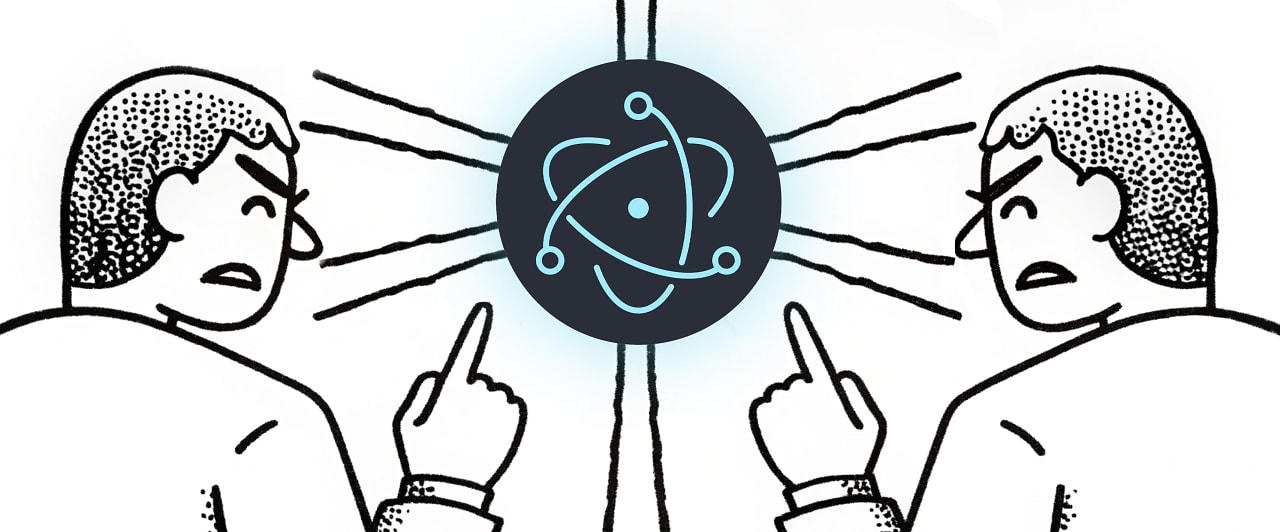


![From Gas Station to Google with Self-Taught Cloud Engineer Rishab Kumar [Podcast #158]](https://cdn.hashnode.com/res/hashnode/image/upload/v1738339892695/6b303b0a-c99c-4074-b4bd-104f98252c0c.png?#)








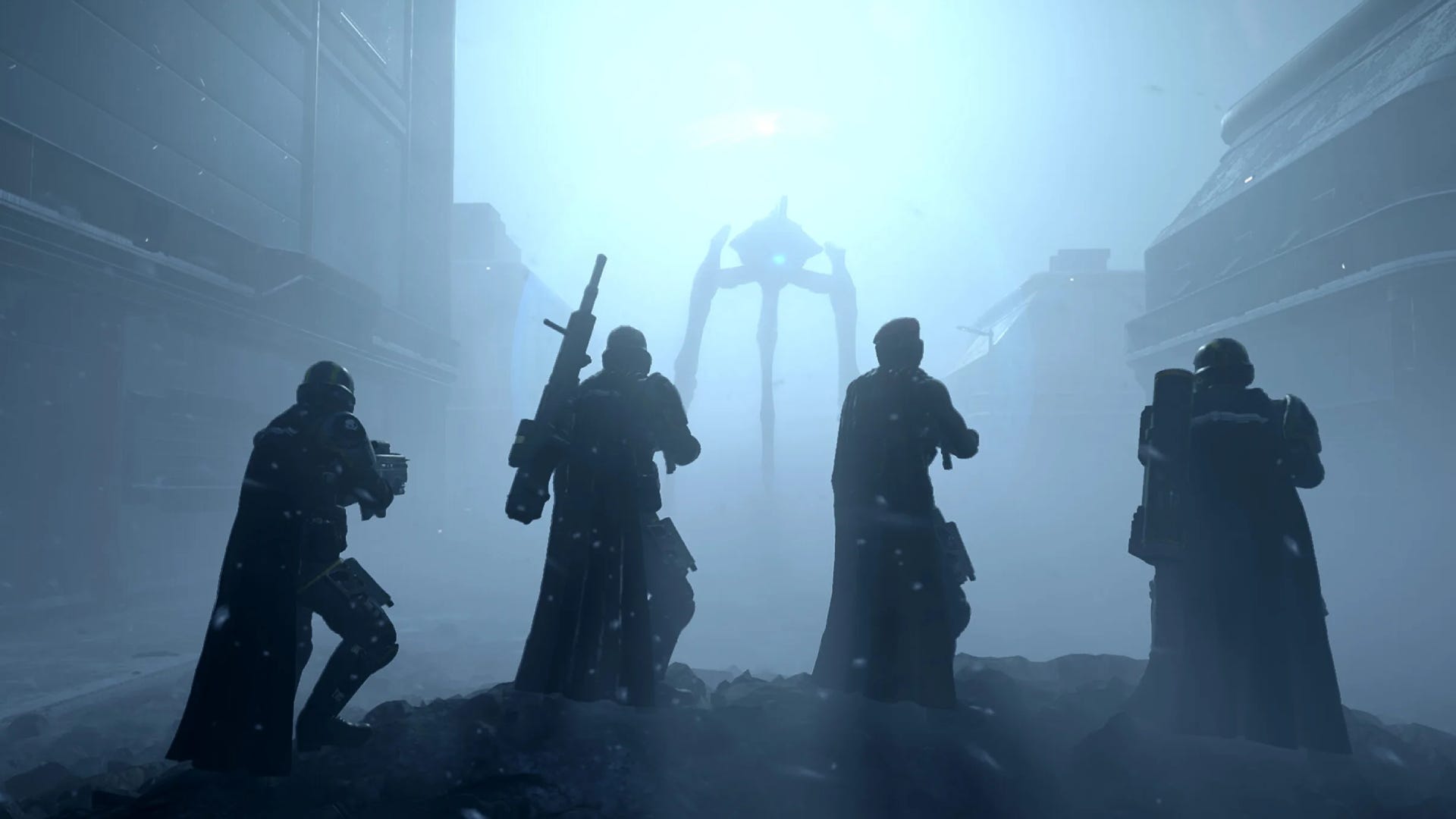
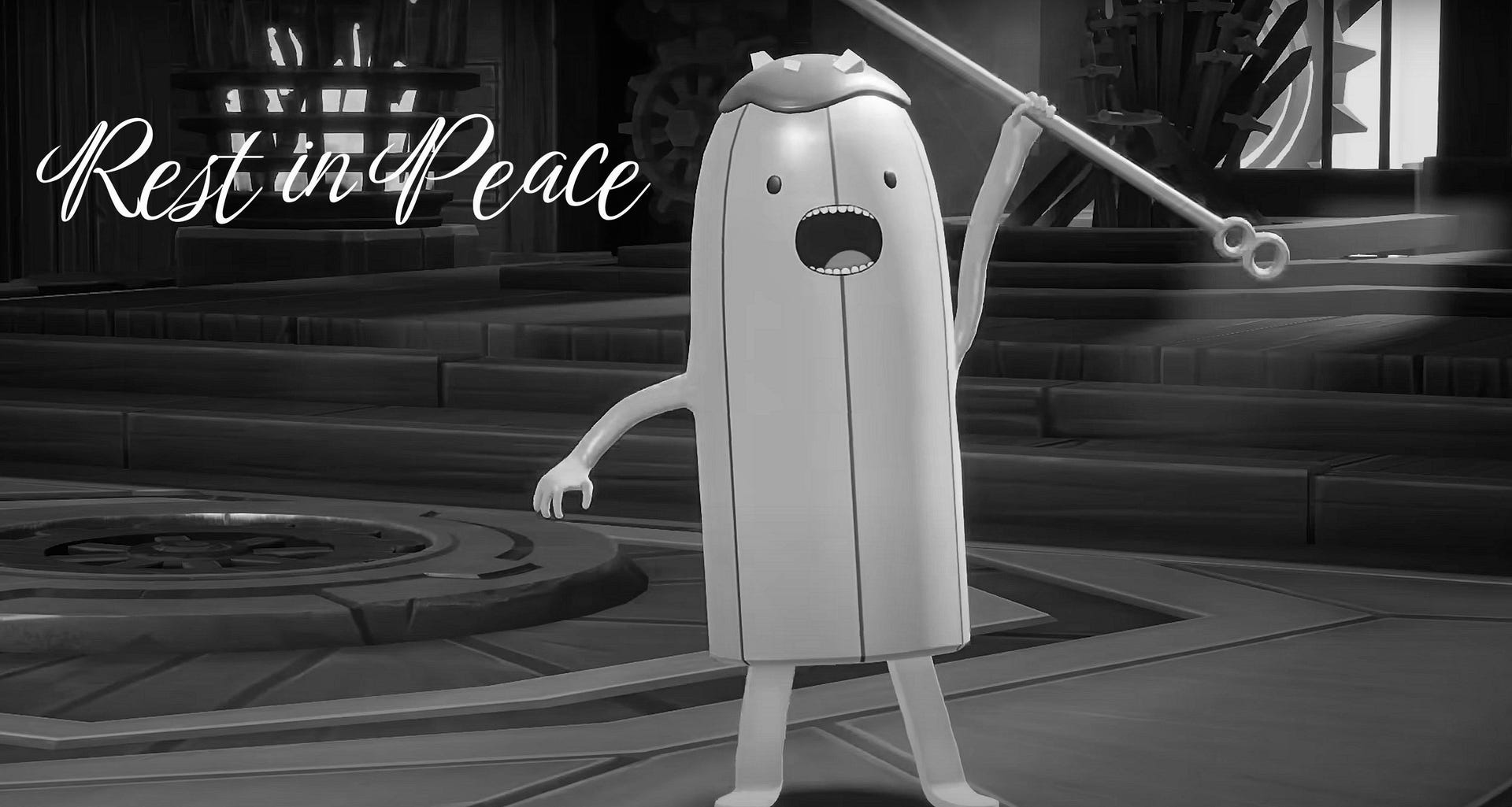
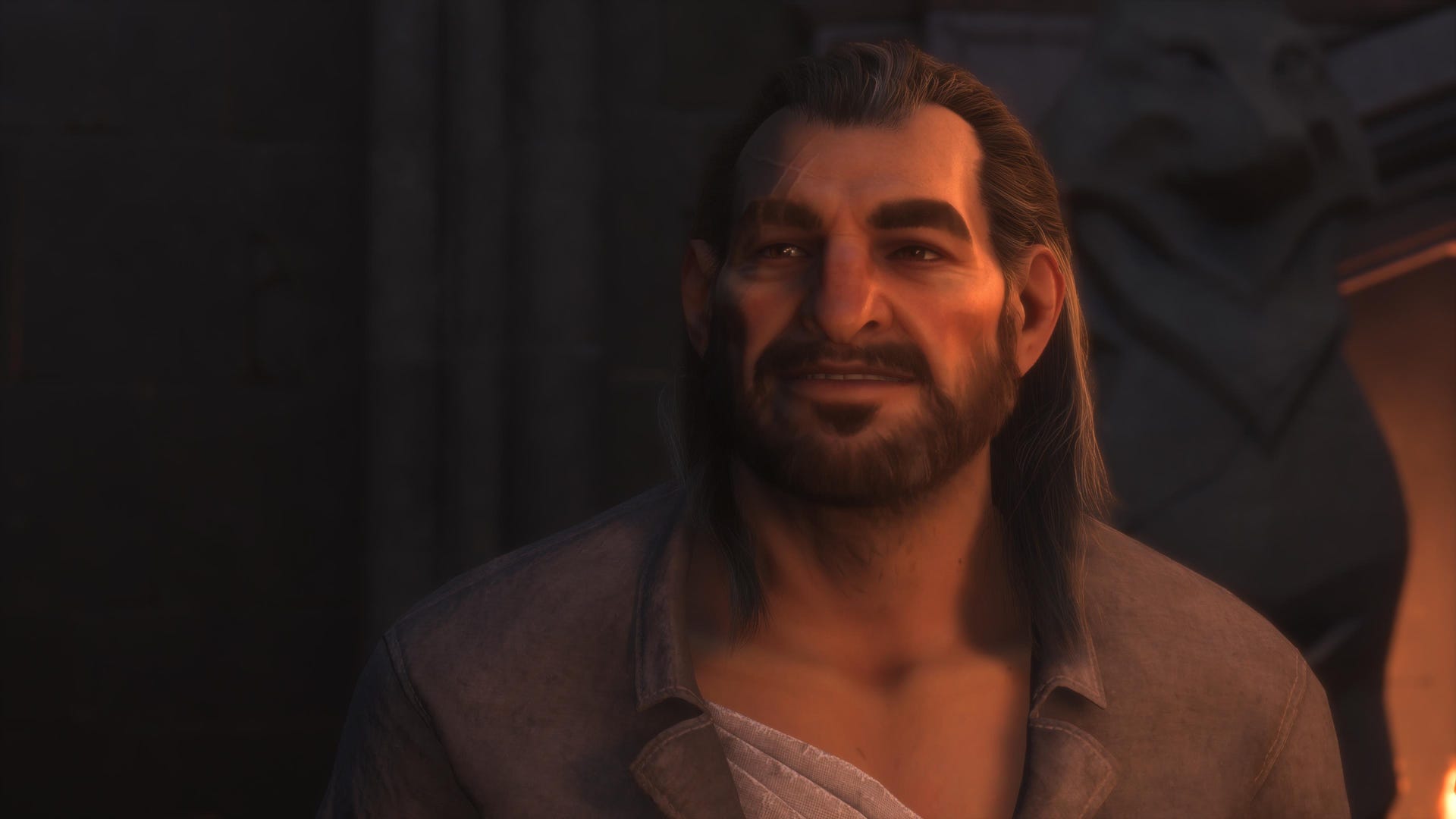
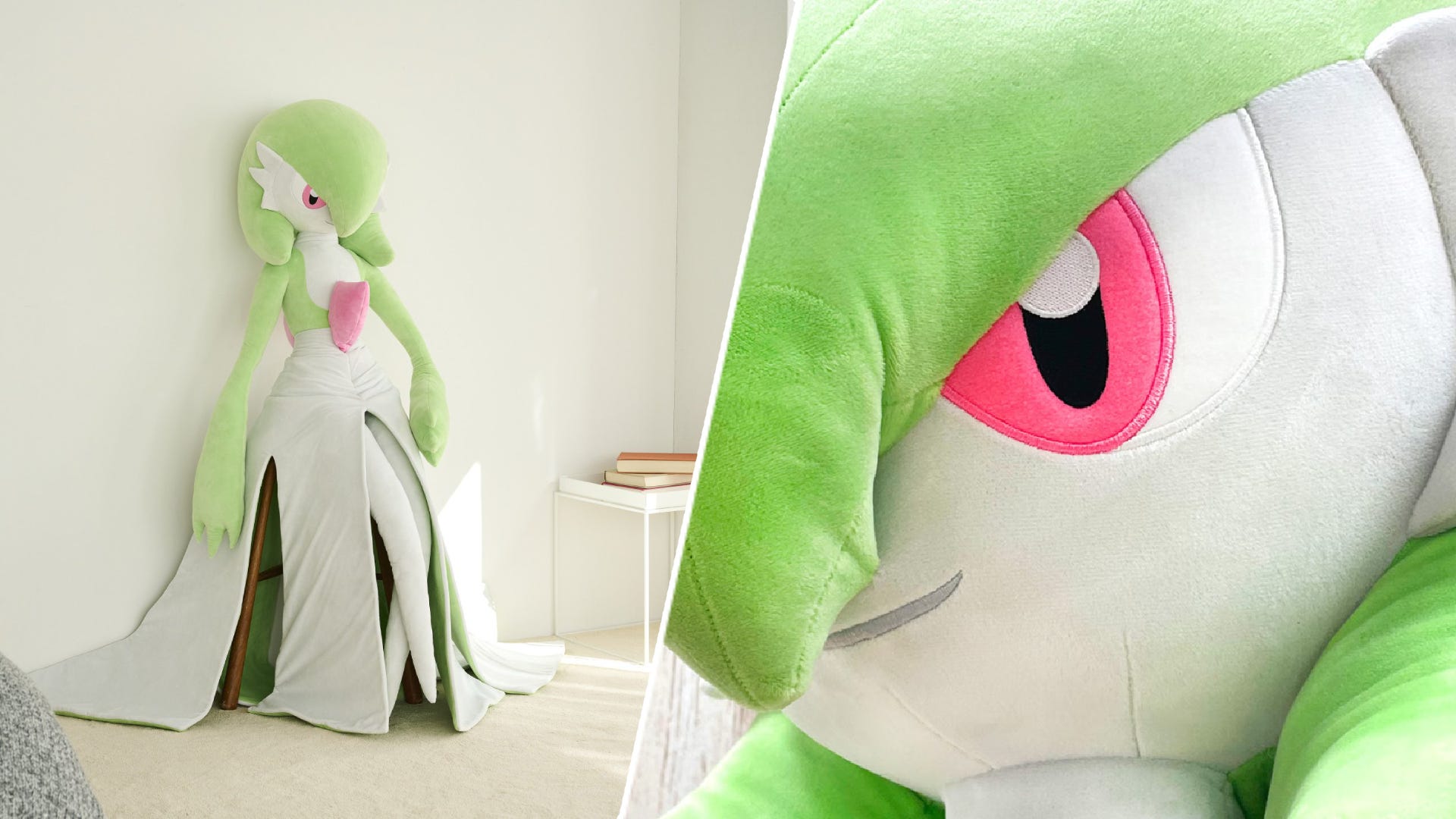










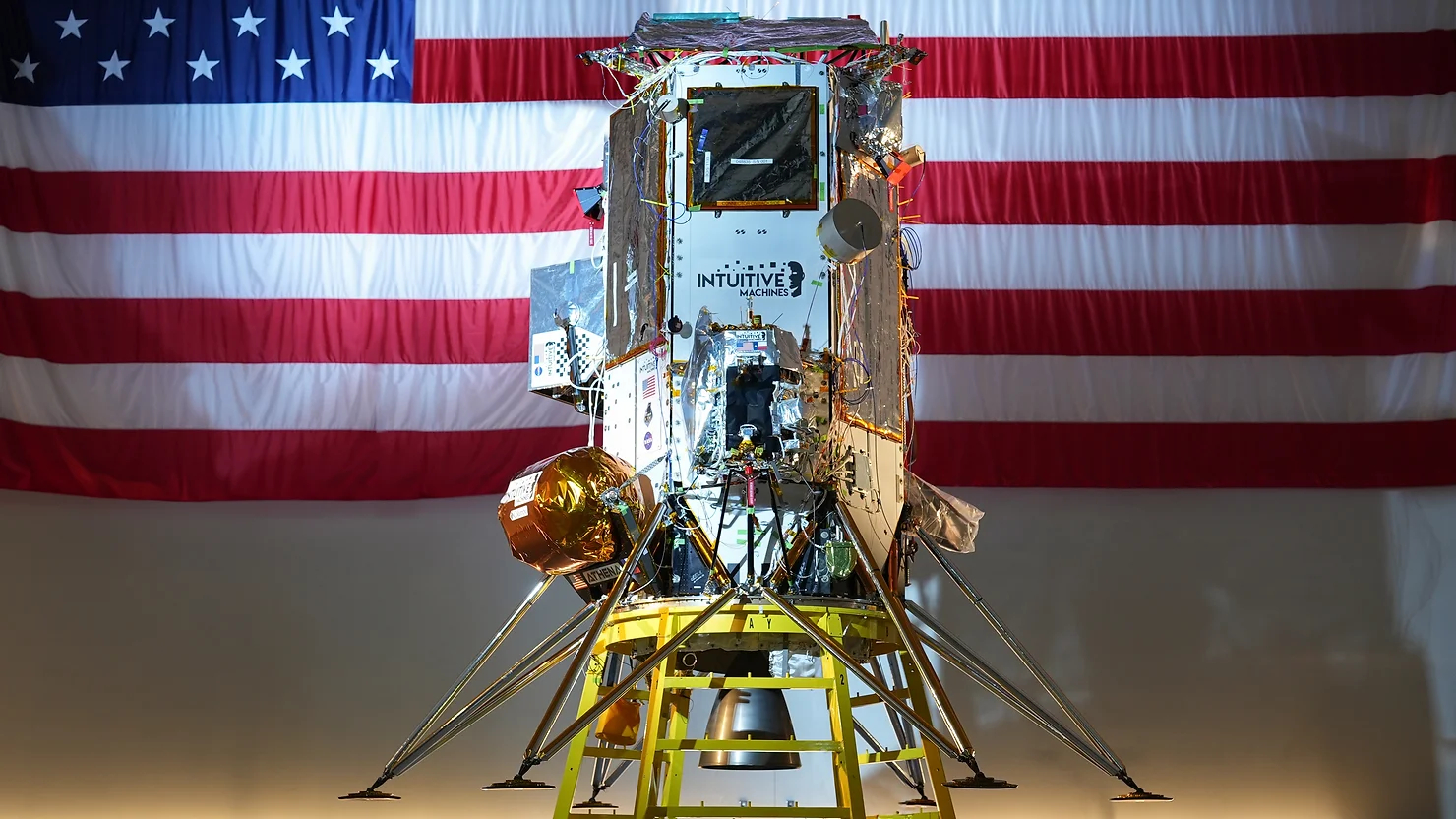
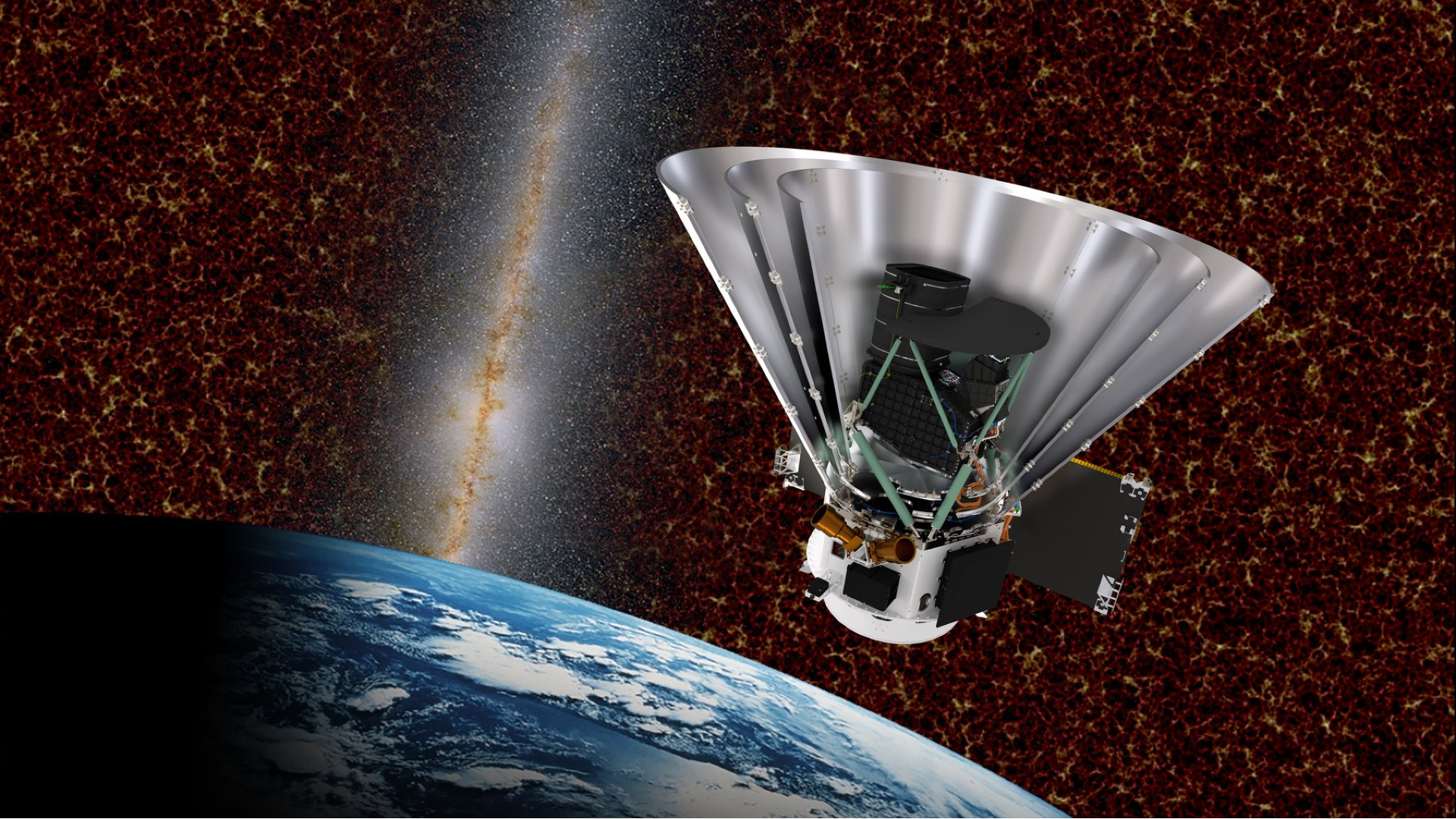
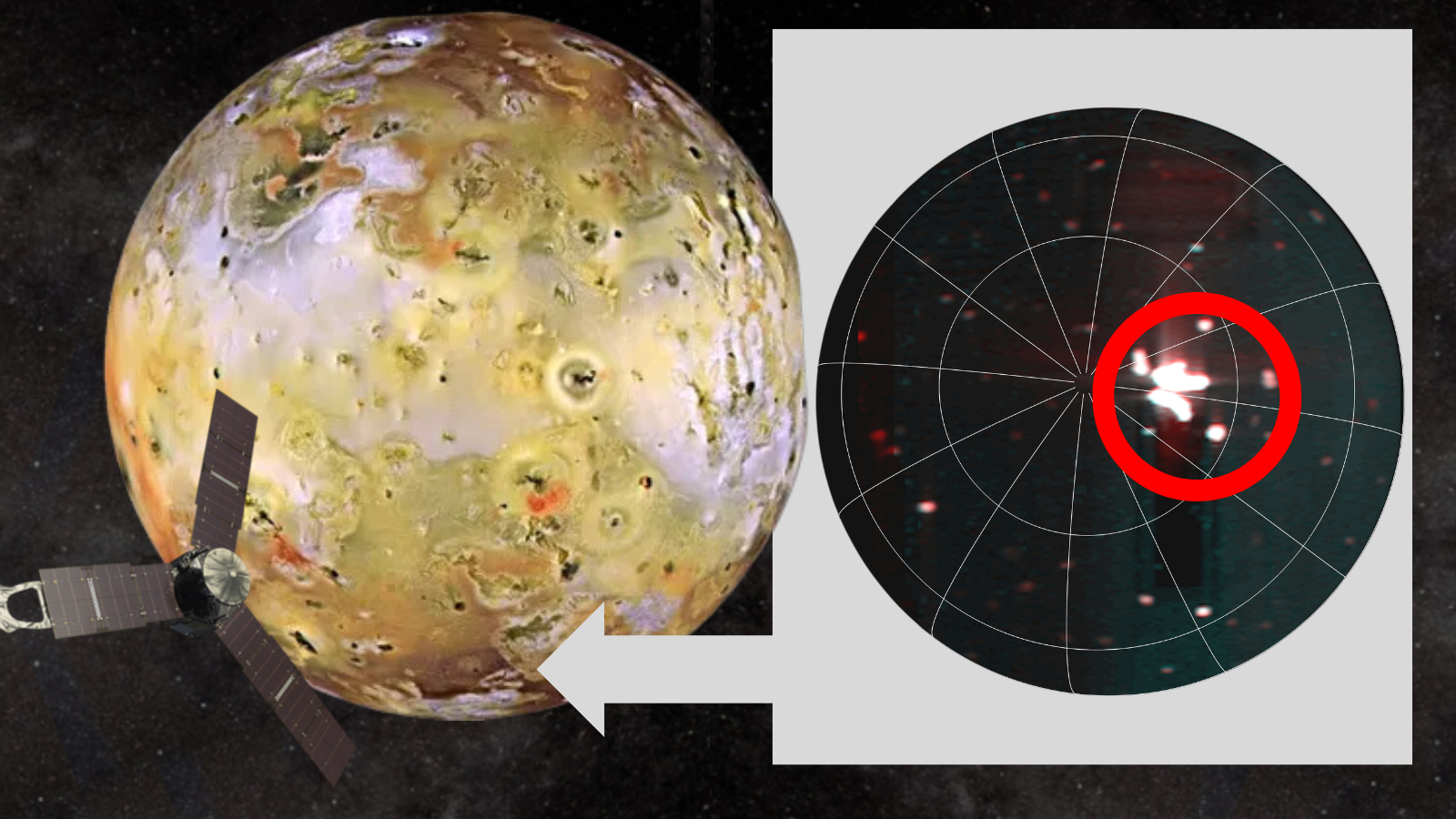







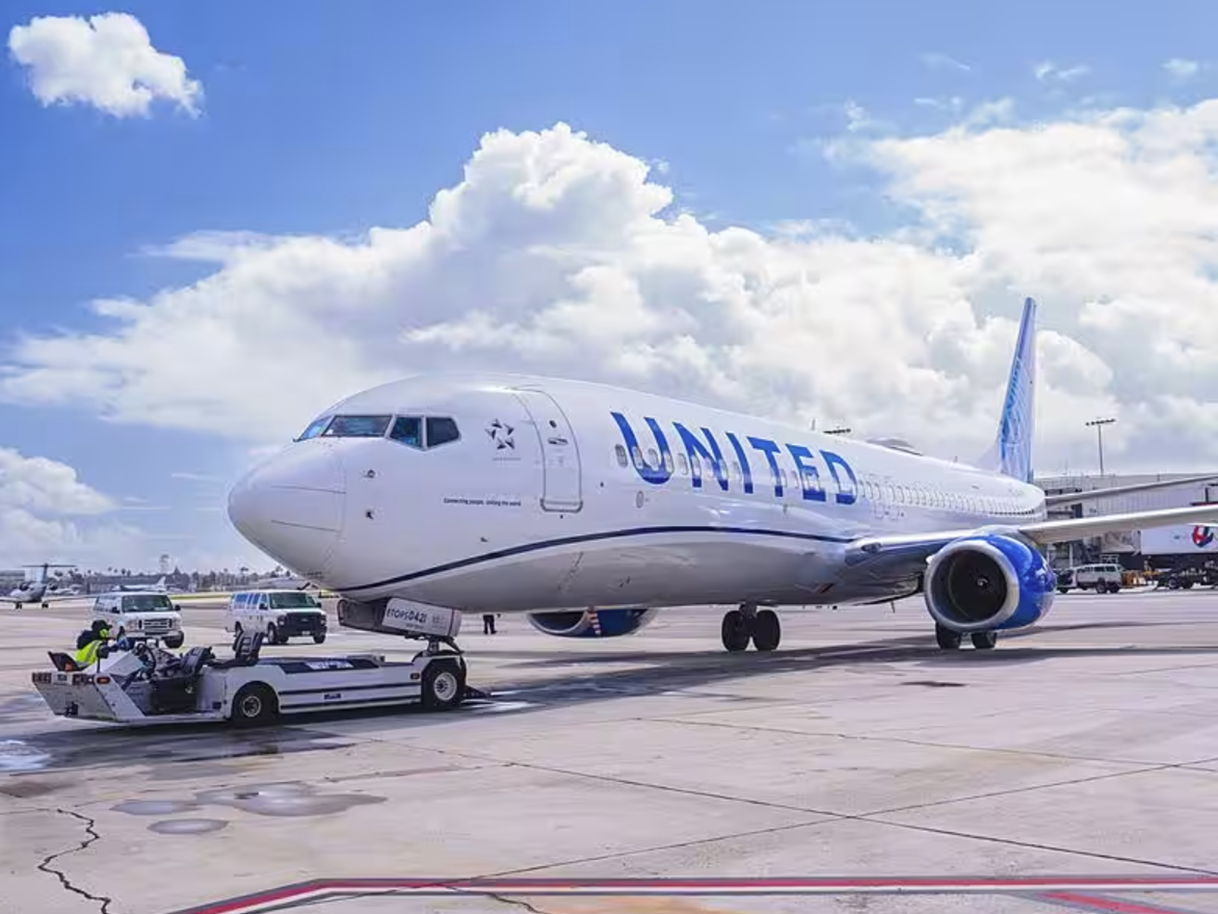

















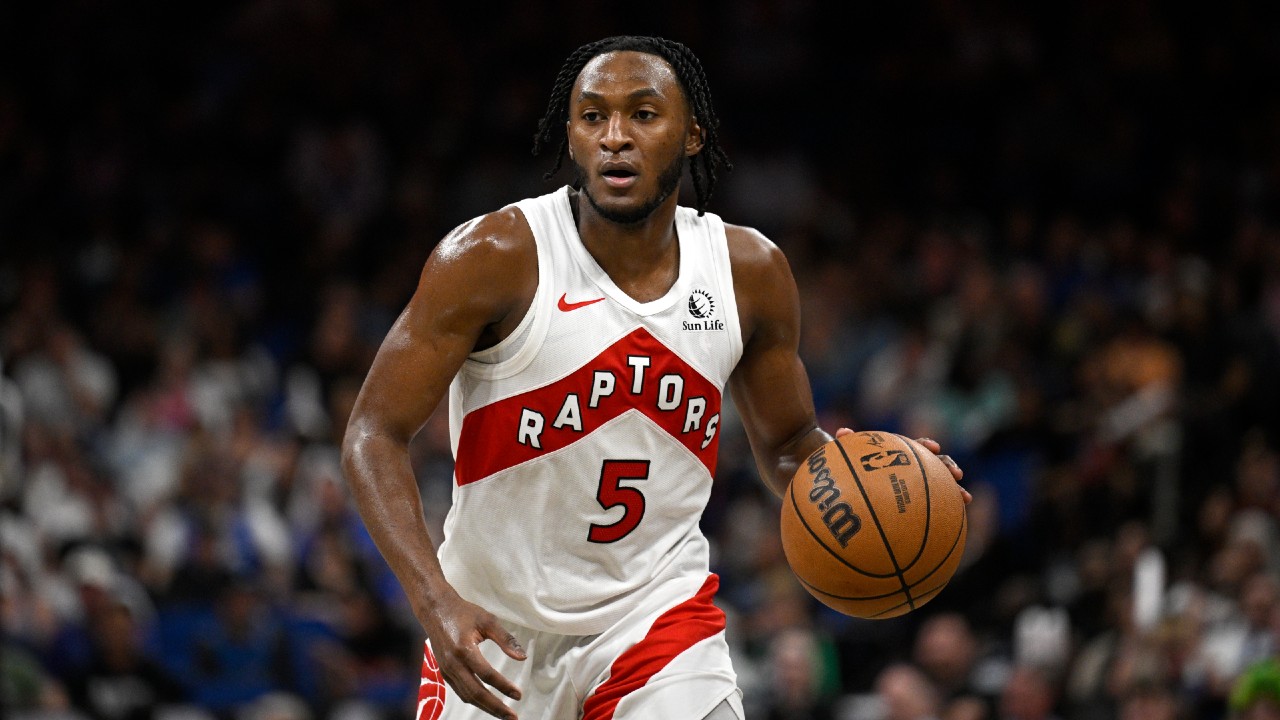
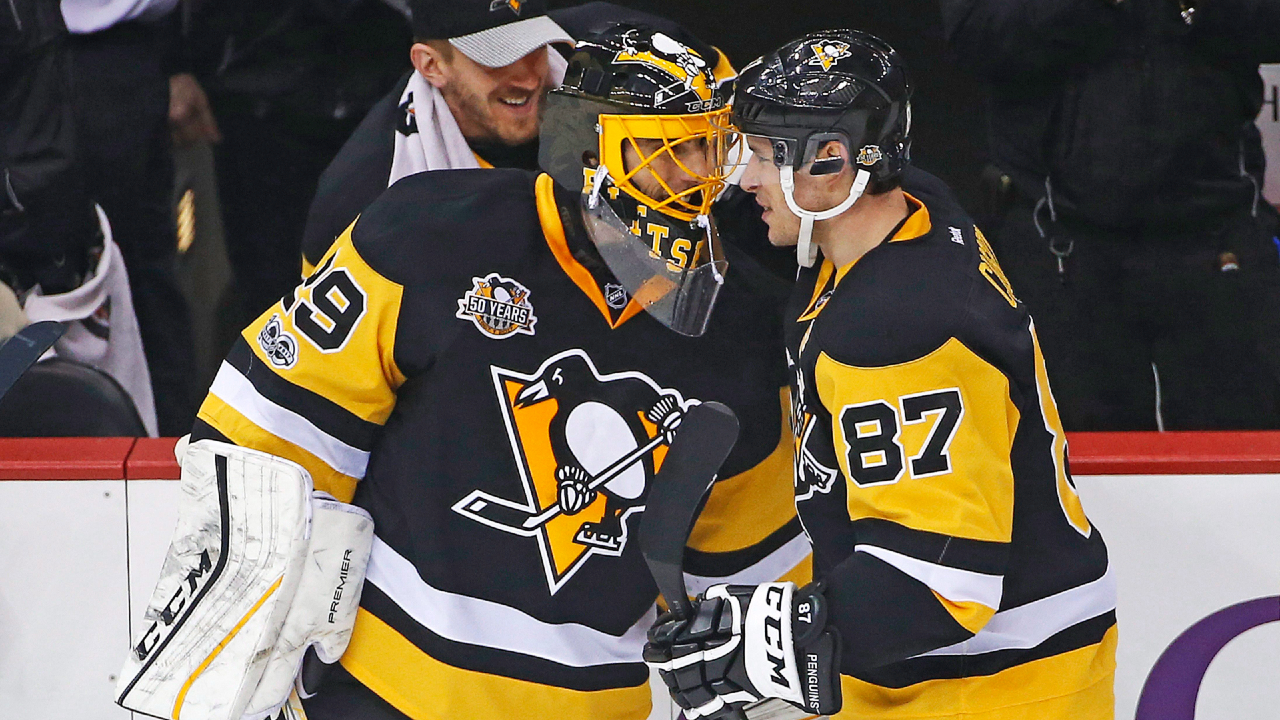



![‘You’re Cordially Invited’: Nicholas Stoller Talks Will Ferrell & Reese Witherspoon’s Chaos Chemistry, & Diddy & Russell Brand Affecting His Past Films [The Discourse Podcast]](https://cdn.theplaylist.net/wp-content/uploads/2025/01/30165729/Will-Ferrell-Reese-Witherspoon-face-off-in-Youre-Cordially-Invited-.jpg)

